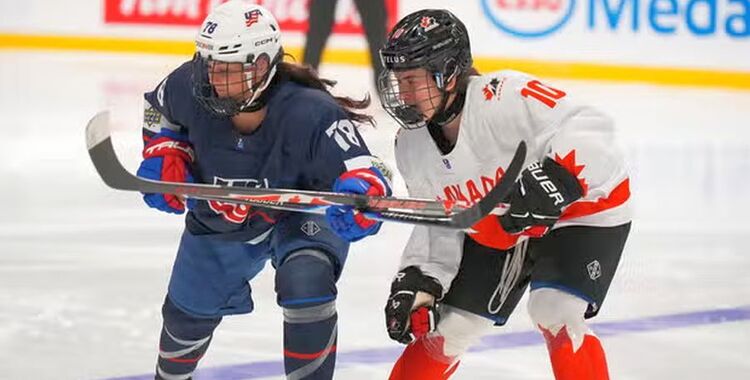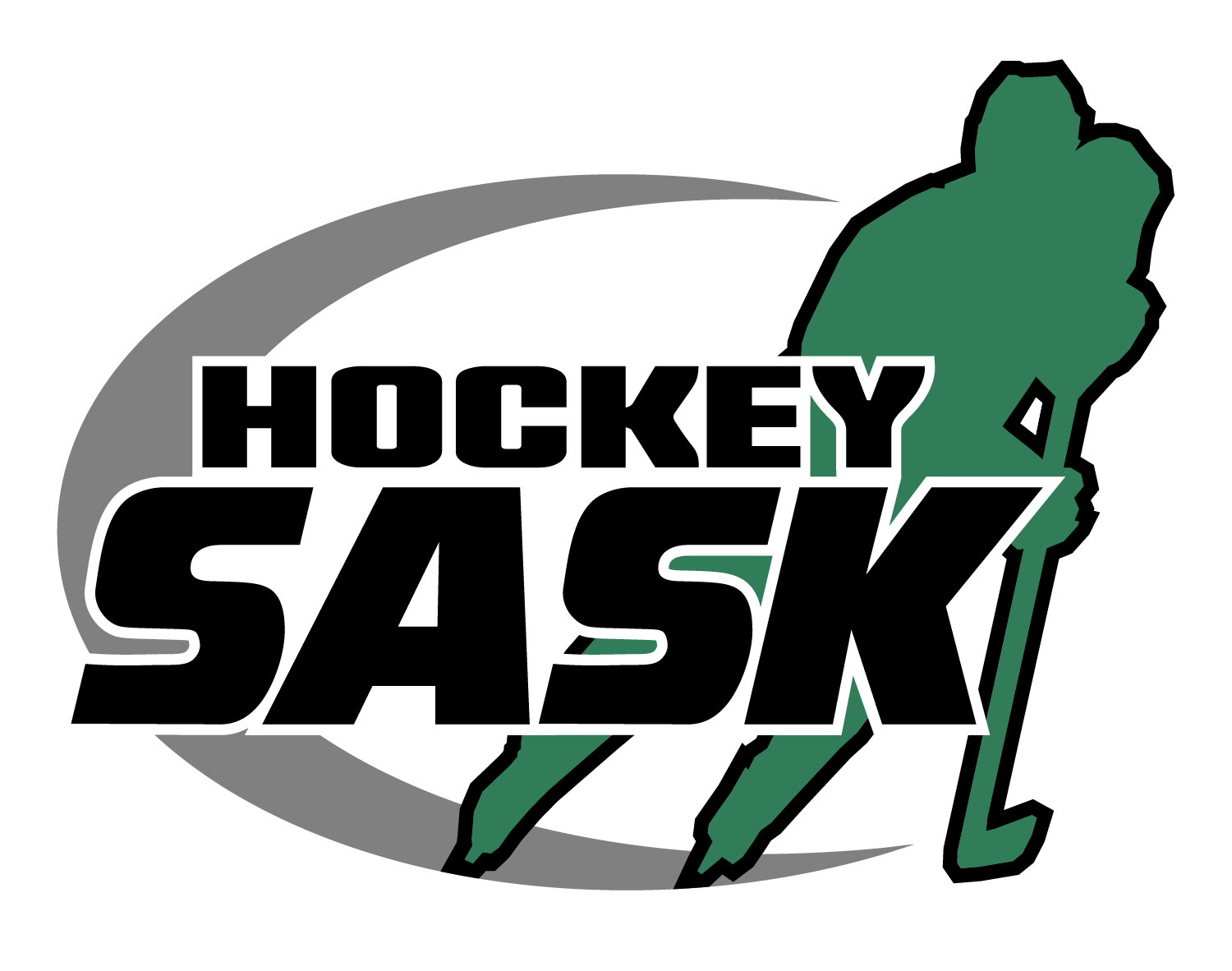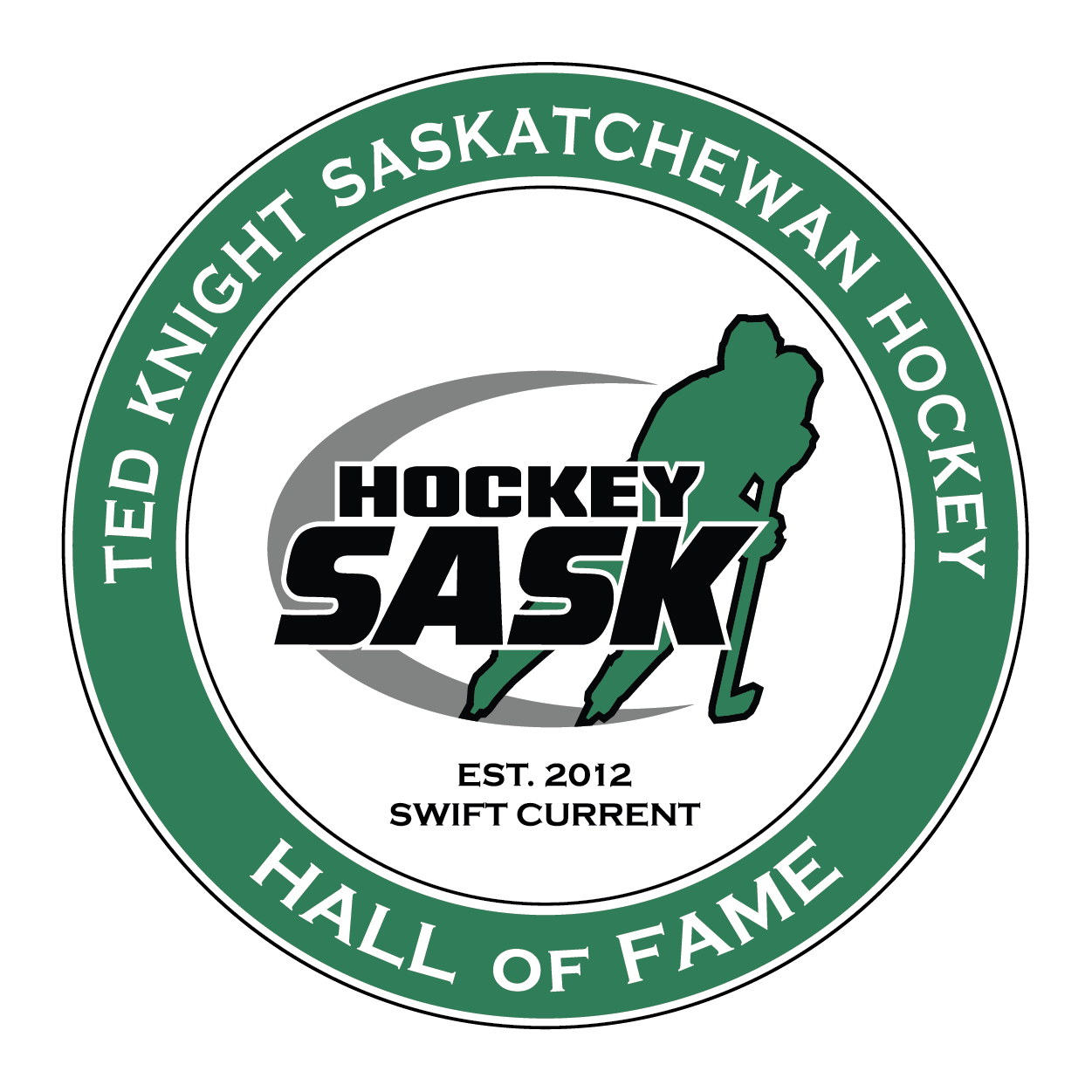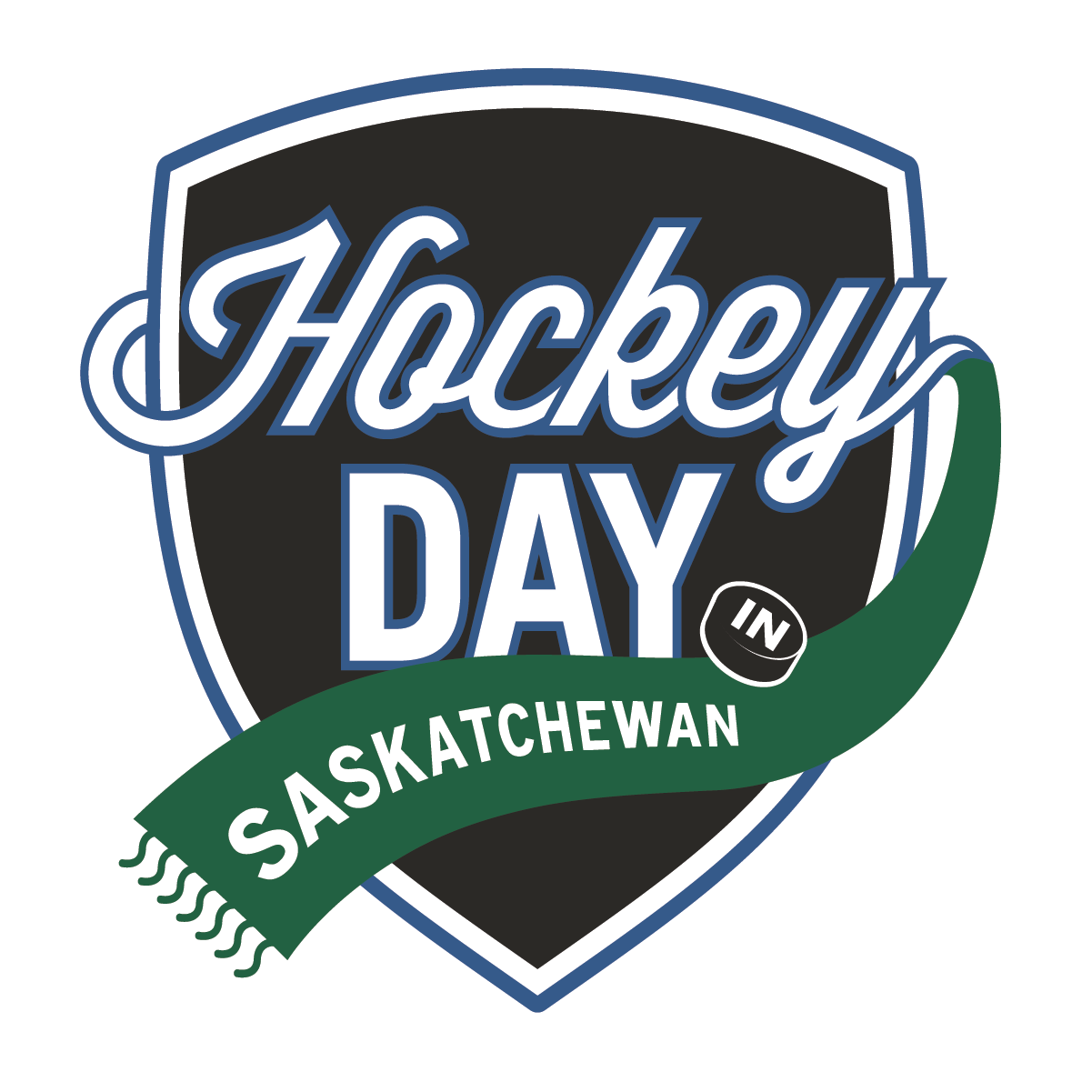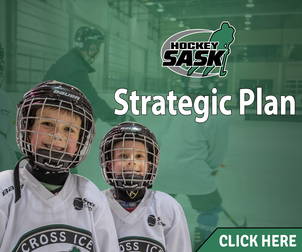Regina’s Kyle McDonald Helps Athletes Keep Their Peak Mental and Physical Performance
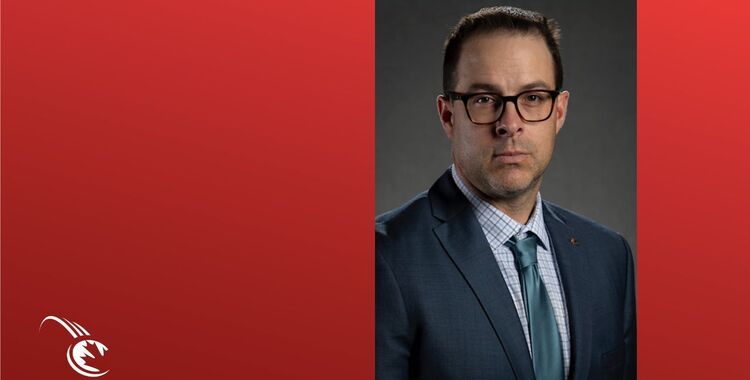
May 25
2023
By Canadian Sport Centre Saskatchewan
Local Regina Mental Performance Consultant Kyle McDonald will be putting his decade’s worth of experience to use this weekend, as he helps Team Canada reach and maintain their peak mental state at the World Para Ice Hockey Championship.
While the mental performance role is now the norm for McDonald — who has worked in the role with Hockey Canada, Hockey Saskatchewan, the Arizona Coyotes and other organizations — it’s not the career he pictured himself in post-undergrad.
For the first decade out of university, McDonald spent time as a coach leading a variety of teams and was able to develop an appreciation for a different side of mental performance and sport.
“I coached hockey for a couple years, I coached at the University of Regina and Athol Murrary College of Notre Dame, and for a number of years in the States. I always thought I was going to be a career coach,” said McDonald.
“Those first ten years, post undergrad as a coach kind of shaped what my views are now with performance.”
After years of coaching, two reasons led him to pursue a career in mental performance. With a background in psychology from his time in university, McDonald knew he wanted to experience some form of work in a related field. As well, moving up the ladder in career coaching was proving difficult and was the final push McDonald needed to make the transition in his professional life, and it’s one he “wouldn’t change for the world.”
While the shift in his career from coach to mental performance consultant did change his role, it didn’t impact McDonald’s love for the game or his desire to support his team from the bench.
“I love being in the thrill of competition and helping athletes achieve their best version.”
Now, several years later, McDonald is concluding his fifth year with Canada’s National Para Team, a stint that has allowed him to attend the 2022 Paralympic Winter Games in Beijing and given him the opportunity to create connections with many of the players.
“I’m very fortunate to be involved with an organization like Hockey Canada, where we have been able to establish relationships with the athletes,” said McDonald.
It’s those personal connections that allow McDonald to create the space within an athlete’s session to go beyond the formal style and feel more comfortable, thus better assisting them.
McDonald places high value on the well-being of his athletes’ mental performance stating, “I think it’s like any other skill, you have to build it and you have to have conversations and reflect on it.”
There is a lot to think about in relation to the mental health and performance of athletes. Sport requires more than physical preparation and McDonald encourages his athletes to take time to consider their mental perspective and well-being before competing in a game.
“I think mental health and mental performance are not the same thing and [the two concepts] need to work concurrently to help an athlete be their best version,” said McDonald.
Sport is not always linear and things can arise during a game. A mental performance consultant helps guide the athlete through mental blocks as they develop and considers how an individual may respond to different forms of stress, including an athlete’s reaction to competition and challenges.
“Part of the job in mental health is to counsel and part of the job in mental performance is to help build a program for an athlete to achieve what they deem is necessary, what they want to achieve and what their goals are.”
McDonald will be assisting Team Canada once again as they reach for their goals at the World Para Ice Hockey Championship from May 28 to June 4. The event will be extra special for McDonald because it will take place for the first time ever on Canadian soil at the Moose Jaw Events Centre, a short distance from his hometown, Regina.
“I’m very lucky to be a part of it.”
Related Articles
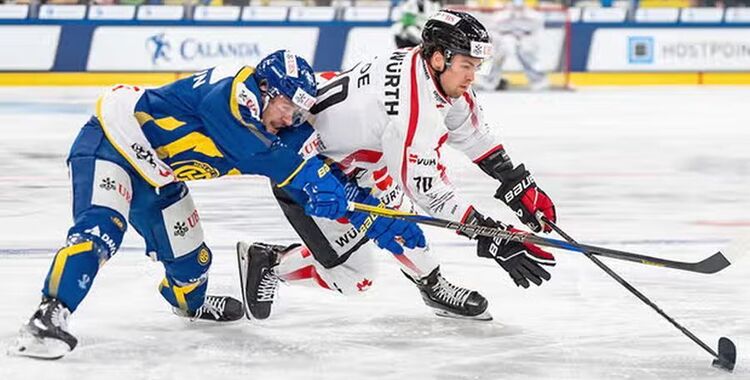
National Men’s Team Roster Announced for 2025 Spengler Cup
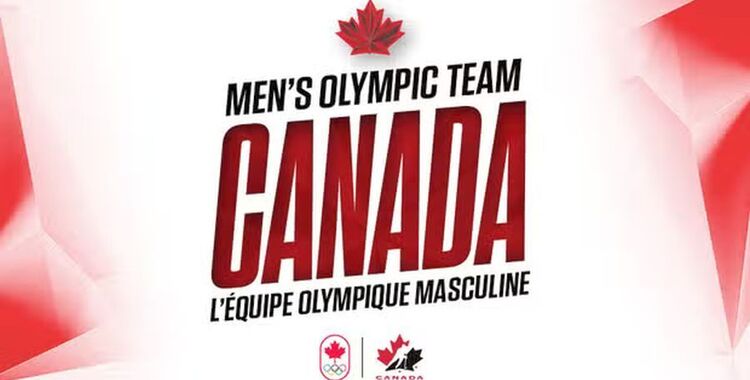
Men’s Hockey Team Unveiled for 2026 Olympic Winter Games
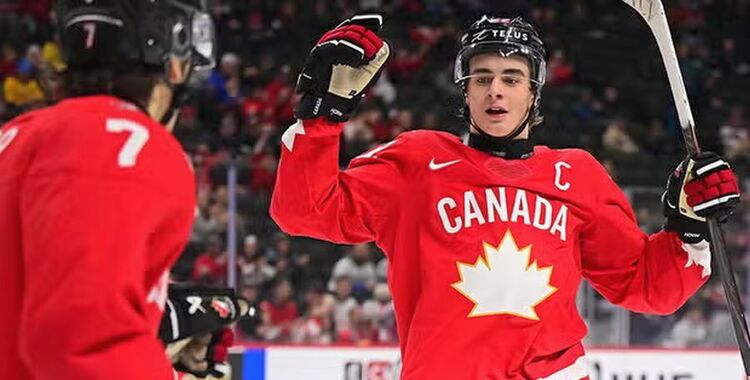
Canada Wins Bronze Medal at 2026 IIHF World Junior Championship
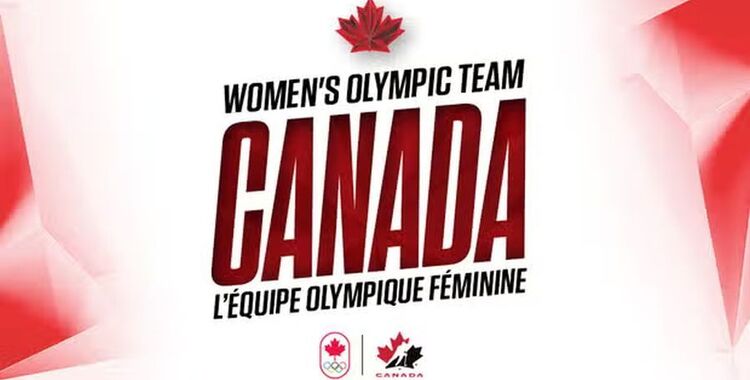
Women’s Hockey Team Unveiled for 2026 Olympic Winter Games
